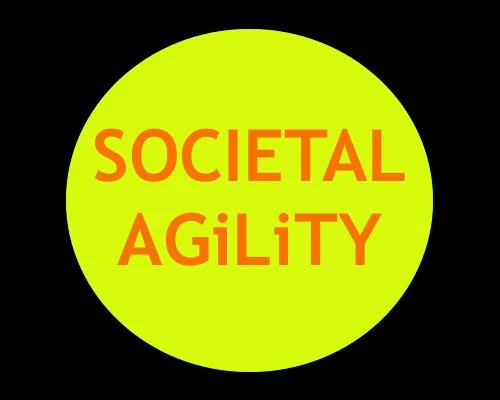What a 7th-Century Rebellion Can Teach Us About Integrity and Change Today
Some stories don’t just belong to the past—they belong to all of us.
They echo across centuries because they ask timeless questions:
What do we stand for when standing comes at a cost?
Where do we draw the line—between compromise and complicity?
In the year 680 CE, a small group of people refused to legitimise a growing empire.
They didn’t rise to conquer. They rose to expose.
Their leader was the grandson of a prophet, but the stand they took wasn’t about religion.
It was about integrity.
This was Karbala.
“We’re seeing the same patterns Karbala revealed—power demanding loyalty, truth being sidelined, minorities silenced, and the few choosing to speak up despite risk.”
Karbala isn’t just history.
It’s a lens through which to see our systems, our workplaces, our world—and our own reflection.
Integrity Over Influence
The man at the centre of Karbala was offered power, recognition, and safety—if he would endorse the regime.
He declined.
Not because he was seeking martyrdom, but because he couldn’t align with injustice.
Leadership insight:
In every organisation and institution today, people are offered versions of the same deal—stay quiet, stay comfortable, keep your position.
Karbala poses a different question: What are you willing to risk for what’s right?
A Coalition of Conscience
Those who stood at Karbala came from many walks of life.
Wahab, a Christian newlywed, left his home to stand for justice.
John, a formerly enslaved African man, chose dignity over safety.
Zuhair, once an opponent, joined after witnessing the moral clarity of the cause.
They weren’t bound by belief.
They were bound by values—and the courage to act on them.
Modern parallel:
Movements for change—whether in boardrooms or the streets—succeed when built on shared principles, not uniform identities.
When Silence is Compliance
The regime of the time didn’t demand belief. It demanded loyalty.
Most people stayed quiet—not because they agreed, but because quiet felt safer.
Those at Karbala chose to break the silence.
Today, similar patterns persist:
Employees tolerating toxic culture to protect careers.
Whistleblowers punished for speaking out.
Citizens discouraged from questioning authority.
Organisational truth:
Unjust systems thrive not on the strength of their leaders, but on the silence of the many. Karbala reminds us: neutrality in the face of wrongdoing is not harmless—it is harmful.
The Role of the Few in Shaping the Many
The Karbala caravan was small. Outnumbered. Outpowered.
But history doesn’t remember who had more.
It remembers who had the courage to say no.
Modern echo:
From the lone voice in a leadership meeting…
To a young activist in a crowd…
To the one person in a team who challenges the unethical…
Change always begins with the few who refuse to pretend everything’s fine.
When the Stand Becomes the Story
The men of Karbala fell. But the story rose.
The survivors—especially the women—refused to let it end in silence.
They told the truth. They preserved the meaning.
They ensured that the stand was not forgotten—but carried forward.
Societal reflection:
Transformation isn't just about resistance. It's about who gets to tell the story, and how honestly they tell it.
You Don’t Have to Believe to Be Moved
You don’t need to share a religion to feel the weight of Karbala.
You don’t need to believe in divine lineage to recognise the strength it takes to stand alone.
Karbala is not a sectarian event.
It’s a story of moral resistance, of choosing principle over personal gain.
It belongs to anyone who has ever asked: When is enough, enough?
A Timely Reflection: This 6th of July
On 6th July 2025, millions around the world will remember the stand at Karbala.
You don’t have to observe it religiously to honour its relevance.
Where, in your world of work or leadership, are you being asked to comply when you should question?
What harmful behaviour, policy, or pattern are you tolerating, just to get by?
What is the one principle you must protect—regardless of the consequences?
Spare a moment.
To reflect.
To realign.
And if necessary—to stand.
Because every age has its Karbala.
And each of us, in some corner of our life, will face the same choice:
Will I protect my comfort, or speak for what’s right—even when it costs?
This week, take one quiet, clear action:
Speak up where you’ve been silent.
Name a value you won’t negotiate.
Or ask someone else: Where do you feel we’ve compromised too much?
Karbala doesn't need your tears.
It needs your clarity.
And your courage.
Thanks for reading. If you’re new here, I’m Kubair Shirazee, I help people, teams, organisations and communities navigate past the status quo and explore better ways of collaborating and delivering impact.










